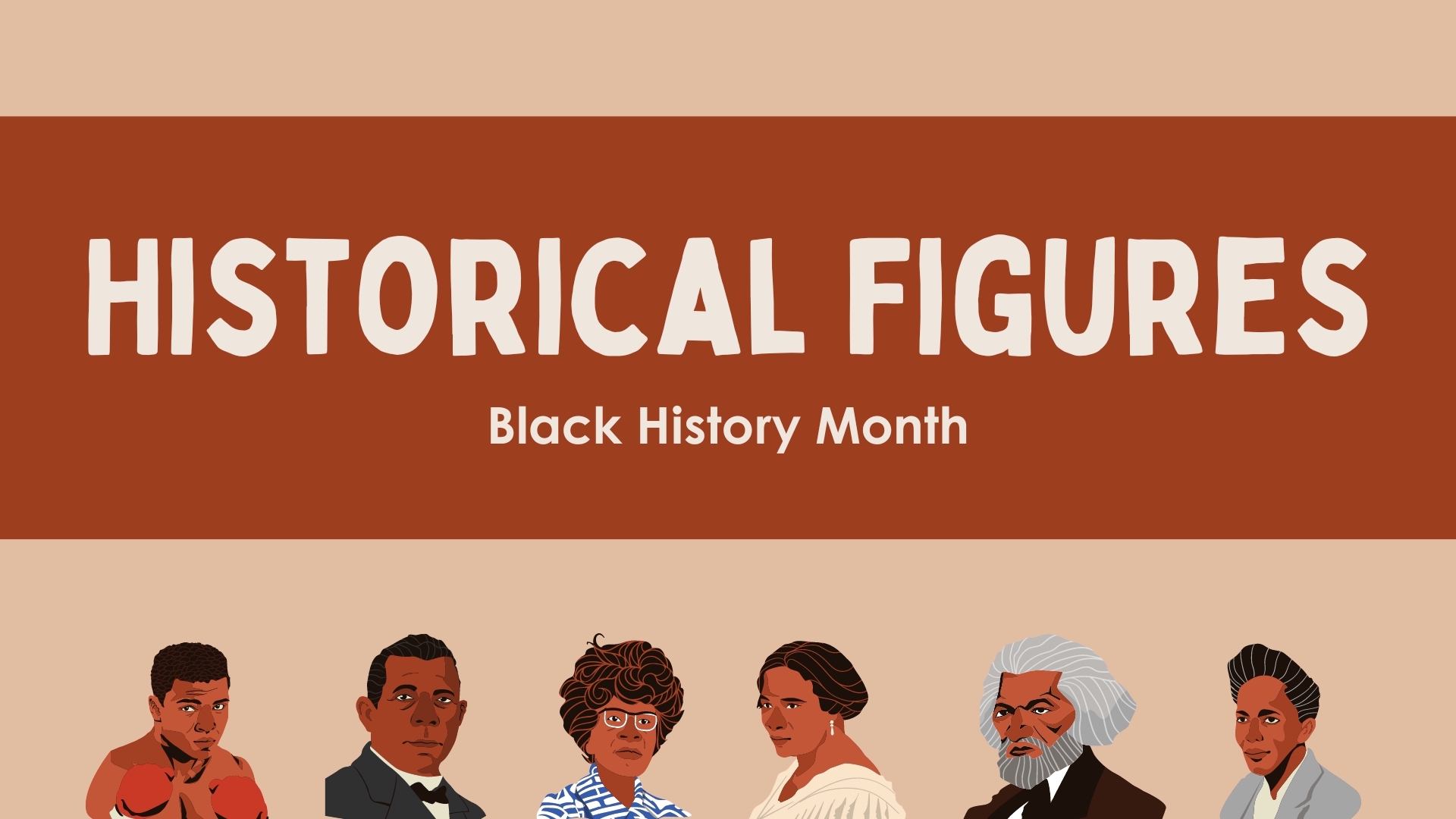Introduction: In the tapestry of American history, certain individuals stand out for their unwavering dedication to social justice and equality. Clarence Mitchell Jr. is undoubtedly one of these luminaries, whose profound impact on the African American community’s access to real estate opportunities resonates to this day. While his name may not be as widely recognized as some civil rights leaders, Mitchell’s tireless advocacy and strategic leadership played a pivotal role in reshaping the landscape of real estate for African Americans across the nation.
Early Life and Activism: Born in Baltimore, Maryland, in 1911, Clarence Mitchell Jr. came of age during a time of deep-seated racial discrimination and segregation. Despite the formidable obstacles he faced, Mitchell was determined to challenge the status quo and fight for equality. His journey into real estate advocacy began in the 1940s when he became involved with the NAACP (National Association for the Advancement of Colored People), where he served as the organization’s chief lobbyist in Washington, D.C.
Advocacy for Fair Housing Legislation: Mitchell played a pivotal role in advocating for the passage of the Fair Housing Act of 1968, which prohibited discrimination in the sale, rental, and financing of housing based on race, color, religion, or national origin. Mitchell’s relentless lobbying efforts and strategic alliances with lawmakers were instrumental in overcoming fierce opposition and ultimately securing the passage of this landmark legislation.
Empowering Homeownership: The Fair Housing Act represented a seismic shift in the landscape of real estate, opening doors of opportunity for African American families seeking to escape the confines of segregation and achieve the dream of homeownership. Mitchell understood that homeownership was not only a pathway to financial security but also a means of building wealth and stability within the African American community. By advocating for fair housing laws, he helped pave the way for millions of African Americans to access previously unavailable housing options and invest in their futures.
Challenging Discriminatory Lending Practices: Moreover, Mitchell was a vocal critic of discriminatory lending practices that systematically denied African Americans access to mortgage financing. He fought against redlining, a practice by which banks and lending institutions denied loans or offered less favorable terms to individuals based on their race or the racial composition of their neighborhood. Mitchell’s advocacy helped expose and challenge the systemic injustices perpetuated by financial institutions, leading to greater access to credit and capital for African American homebuyers.
Community Development Initiatives: In addition to his work on fair housing and mortgage discrimination, Mitchell was deeply committed to community development initiatives aimed at revitalizing urban neighborhoods. He recognized that economic empowerment was essential to creating thriving and resilient communities. Mitchell collaborated with local leaders, activists, and philanthropists to spearhead initiatives that promoted economic development, job creation, and affordable housing opportunities for African Americans.
Legacy and Impact: Throughout his career, Clarence Mitchell Jr. faced considerable opposition and hostility from those who sought to maintain the status quo of segregation and inequality. Yet, he remained steadfast in his commitment to justice, never wavering in the face of adversity. His courage, tenacity, and strategic acumen earned him the respect and admiration of colleagues and adversaries alike.
Conclusion: Today, Clarence Mitchell Jr.’s legacy looms large as a testament to the power of advocacy and activism in effecting meaningful change. His contributions to the advancement of fair housing and real estate opportunities for African Americans continue to reverberate, shaping the contours of our nation’s ongoing struggle for racial equity and social justice.
As we reflect on Mitchell’s life and legacy, let us recommit ourselves to the unfinished work of realizing his vision of a society where every individual, regardless of race or background, has the opportunity to achieve their full potential. In honoring his memory, we honor not only a trailblazing champion of civil rights but also a beacon of hope and inspiration for future generations. Clarence Mitchell Jr.’s indelible mark on the history of real estate and social justice serves as a reminder of the power of one individual to effect profound and lasting change.
Written with the help of AI.

 Facebook
Facebook
 X
X
 Pinterest
Pinterest
 Copy Link
Copy Link



